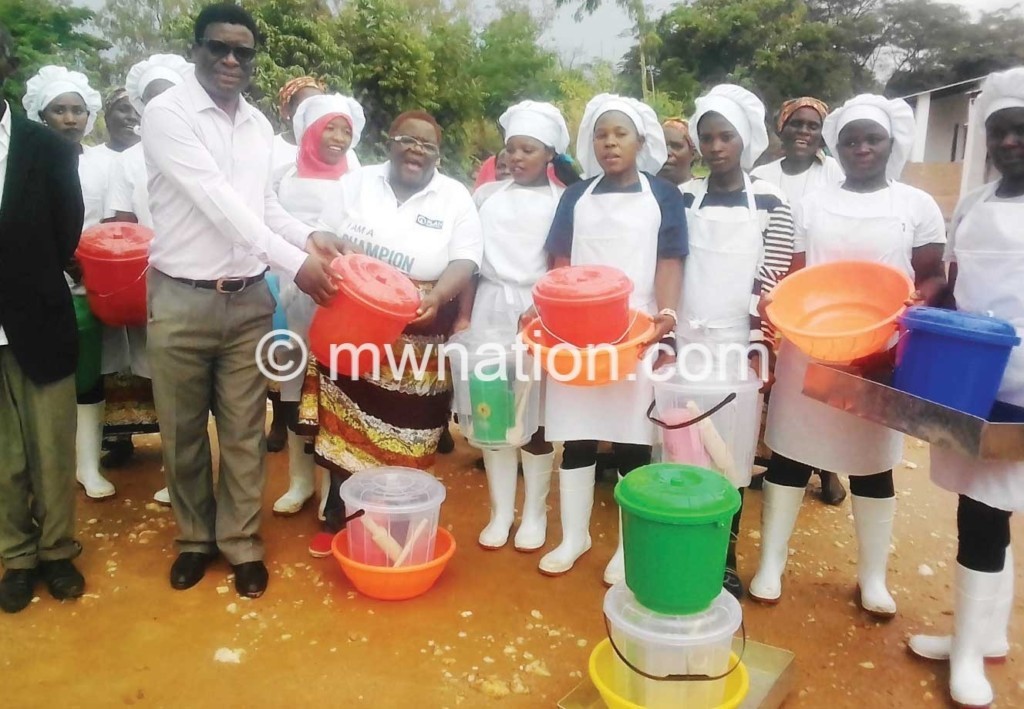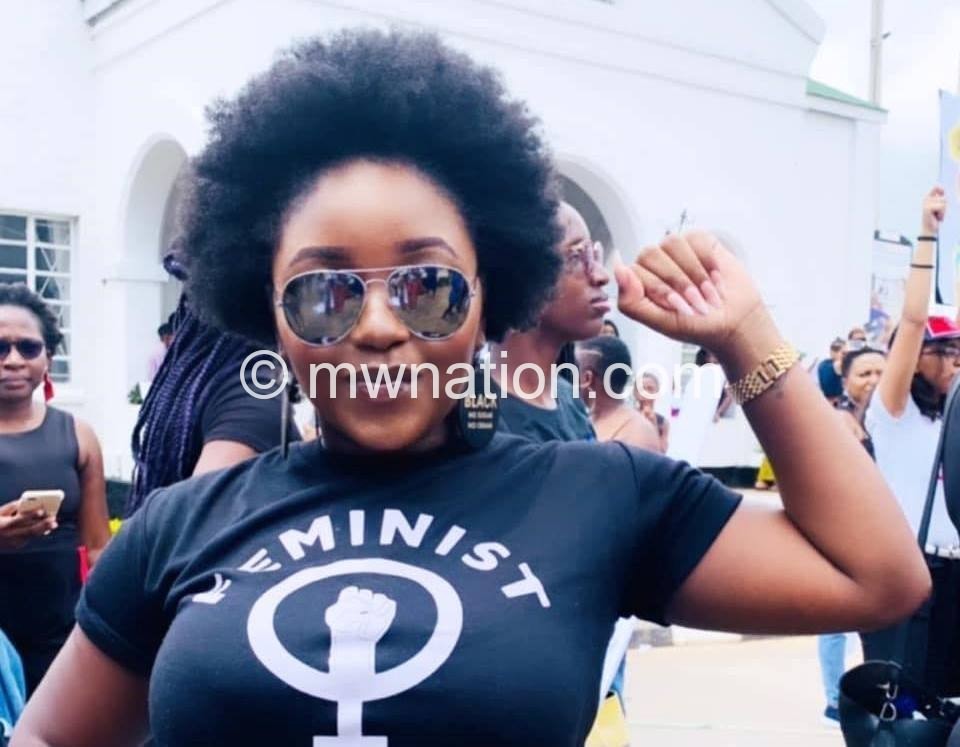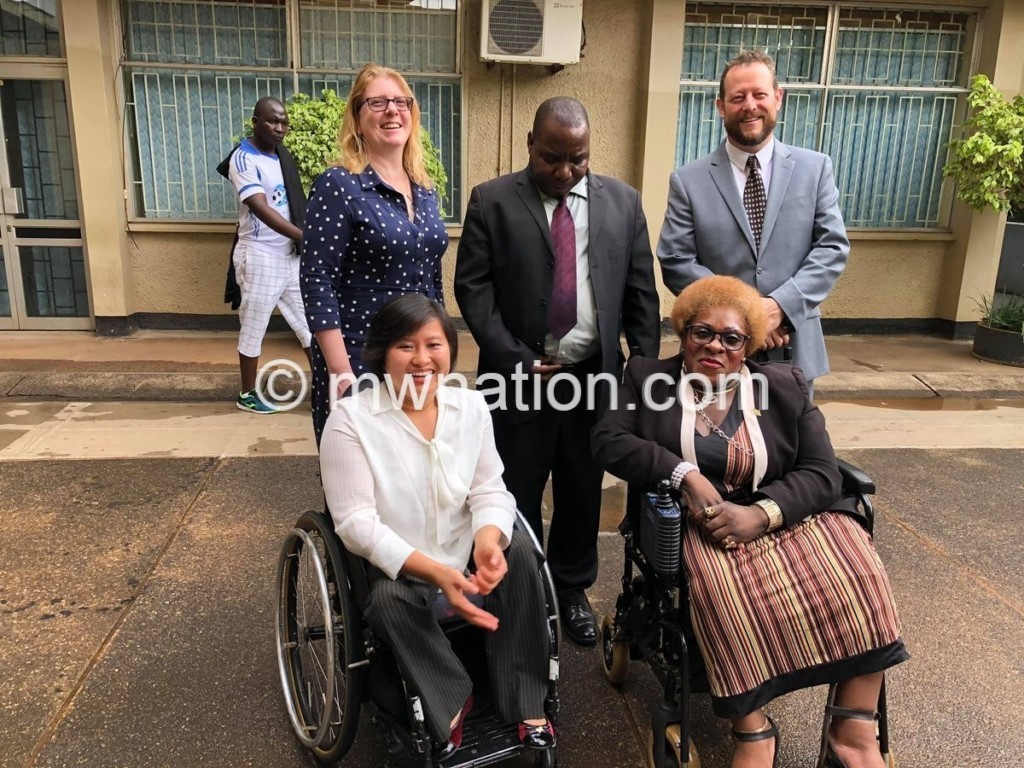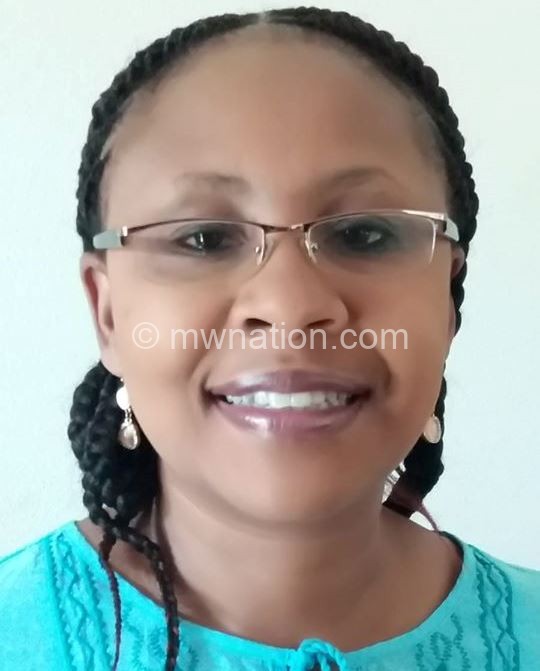For almost two decades now, CEO Global and Titans: Building Nations, have hosted the annual Pan Africa’s Most Influential Women in Business and Government Awards, recognising African leaders over different economic sectors.
From its commencement 19 years ago, Pan Africa’s Most Influential Women in Business and Government Awards has grown to capture many sectors and regions.

During this year’s awards ceremony held in Lusaka, Zambia, last month, Bertha Chiudza bagged two awards in the categories of welfare and civil society for her efforts in pushing the gender and social justice agenda both on the national level and the regional (Southern African Development Community— North).
“I thank God for this recognition and this is surely a motivation for me to keep pushing for the gender and social justice cases in my lovely country Malawi, the African continent and globally.
“I am a global citizen and support various countries across the globe in gender mainstreaming work in my current role with Global Green Growth Institute (GGGI),” she explains.
The CEO Global’s Pan African Awards for Most Influential Women in Business and Government recognises the work women leaders are playing in various development and economic spaces as well as women who occupy various top managerial positions in private and public sectors.

CEO Global looks at various categories in awarding the women, including those playing leadership roles in sectors such as agriculture, arts and culture; building and construction; education and training, financial services, welfare and civil society (including non-profit organisations), manufacturing and engineering; small and medium enterprises and media.
This programme has been running annually for over nine years on the African continent and 19 years in South Africa alone.
Bertha feels it was her passion in the gender and social justice area that earned her the two awards.
“It is my passion and purpose in life working with the most marginalised groups and uplifting the lives of the most vulnerable and poor people. That’s what makes me wake up every morning with hope and courage to do even more,” she says.
Bertha has also done voluntary work with numerous non-governmental organisations (NGOs) and community-based organisations (CBOs) in rural parts of the country.
When she was off mainstream employment, Bertha also helped women from Senti Village with literacy skills and start-up capital to venture into small and medium enterprises.
The six of them were later linked to the government’s adult literacy centres.
Apart from that, she has also mentored and coached over 25 women and girls from across the country— supporting some with educational opportunities at degree or postgraduate levels.
She has supported others with tuition at secondary school level, provided learning materials for pupils at primary school levels, offered career advancement/development and coaching for interviews, curriculum Vitae (CVs) and proposal writing skills.
Her journey into women’s rights advocacy dates back to 2007 after graduating from the African Bible College (ABC) when she went to work with Society for the Advancement of Women (SAW) as a counselling officer.
“That was the time when I got hands-on experience in the agenda, providing psychosocial and legal counsel to survivors of gender-based violence (GBV), especially to women and children. That was more of a turning point for me having seen how this issue cuts across our society, the silence and normalisation of the same,” she explains.
Upon completing her assignment with SAW, the mother of two joined the Centre for Human Rights and Rehabilitation (CHRR) as a project officer for civic education.
During that time, she also had an opportunity to do some capacity building and trainings for female aspirants in politics during the 2009 general elections.
Bertha did advocacy work with political parties and traditional leaders.
After working with Plan International, World Food Programme (WFP), United Nations Population Fund (UNFPA) and Oxfam Malawi, she worked with United Nations Office for Project Services (UNOPS) in Copenhagen.
She later moved to Seoul in South Korea mid 2019 where she is currently working with GGGI as a senior officer for gender and social development.
In March this year, the 36-year-old was appointed as senior adviser to the International Women’s Network of the Five Continents and is the only Malawian serving at that platform.
She was also awarded the Global Goodwill Ambassador (Humanitarian) in April this year by the Global Goodwill Ambassadors Fellowship of the United States of America.
Describing herself as someone who likes being herself and someone who follows what has been laid in her heart, Bertha was born in Lilongwe in a family of eight children.
She was born to the Simbeye’s of Ifumbo Village in Chitipa who have since retired as civil servants in the education sector.
“Growing up in a family of eight children, our parents did not have much, but they did their best and I am forever indebted to God and them for their selfless acts throughout the time I was under their care,” she says.
After obtaining her first degree in Biblical Studies and Education from ABC in Lilongwe in 2007, she went on to study for a master in Education, Gender and International Development at the University College of London’s (UCL), Institute of Education (IOE), which she attained in 2011.
She was also the only Malawian for 2010/2011 intake to get this scholarship out of five awardees from Africa, Asia and Middle East.
Bertha claims she has been rebuked many times for being outspoken and criticising things and situations, as she looks at pretty much everything with her gender lenses.
But she says that does not stop her from being who she is and fighting for gender justice, highlighting that she will only stop doing gender and social justice work when God tells her to do so or calls her to His glory.
She now has a family of her own married to Harold Chiudza with two daughters six-year-old Hannah and three-year-old Hellen.
















